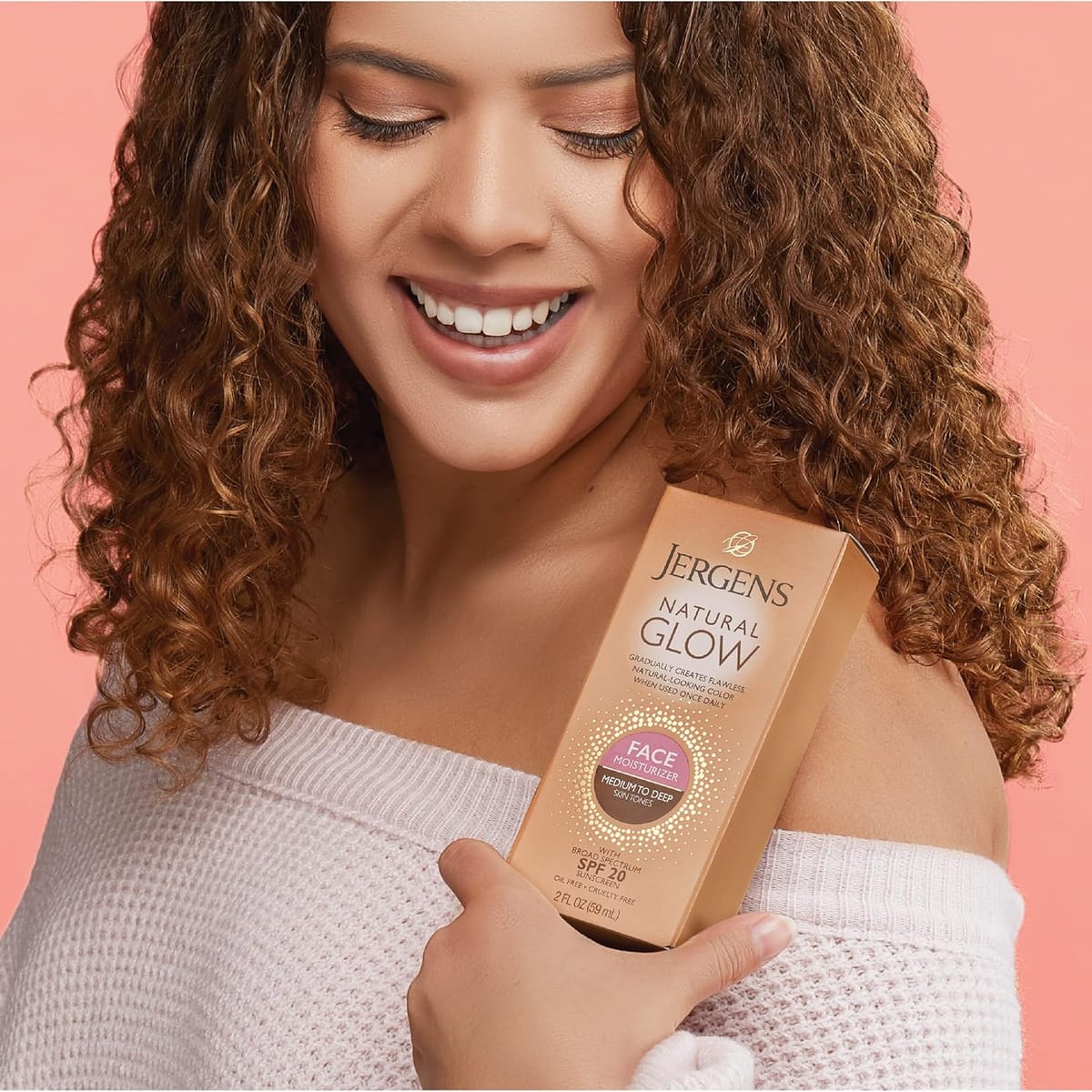Key Takeaways:
- Combining moisturizer with sunscreen can simplify your daily skincare routine while ensuring sun protection and hydration.
- Understanding the types of sunscreens and how they interact with moisturizers is crucial for maintaining healthy skin.
- Proper application techniques are essential to maximize the benefits of both products.
Combining skincare and sun protection is essential for maintaining healthy skin and protecting it from the sun's harmful UV rays. With the rise of multitasking products in the beauty industry, many people wonder, “Can I use a moisturizer with sunscreen?” In this article, we’ll explore the relationship between moisturizer and sunscreen, their functions, and how they contribute to skin health. You’ll also learn how to effectively incorporate them into your skincare routine for optimal results.
The Importance of Sun Protection
Sun protection is a non-negotiable part of any skincare routine. The sun's harmful UV rays can cause premature skin aging, sunburn, and even increase the risk of developing skin cancer. Broad-spectrum sunscreen protects against both UVA and UVB rays, making it a crucial component of your daily regimen.
The Role of Moisturizer
Moisturizers help keep the skin hydrated, maintaining its elasticity and smooth texture. They create a protective barrier on the skin's outermost layer, preventing moisture loss and shielding against environmental aggressors. Whether you have dry, oily, or sensitive skin a good moisturizer is essential for maintaining healthy skin.
Types of Sunscreen: Chemical vs. Mineral
Chemical Sunscreen
Chemical sunscreens absorb UV radiation and transform it into heat, which is then released from the skin. The active ingredients in chemical sunscreens, such as oxybenzone or avobenzone, penetrate the skin and create a protective shield from the inside out. One of the benefits of chemical sunscreen is its lightweight texture, which makes it easier to wear under makeup or in humid climates.
Mineral Sunscreen
Mineral sunscreens, also known as physical sunscreens, work differently from their chemical counterparts. They sit on the surface of the skin and physically block UV rays. Zinc oxide and titanium dioxide are the primary mineral ingredients in physical sunscreen providing immediate protection upon application. Mineral sunscreens are often recommended for people with sensitive skin because they are less likely to irritate.
How to Apply Moisturizer and Sunscreen Effectively
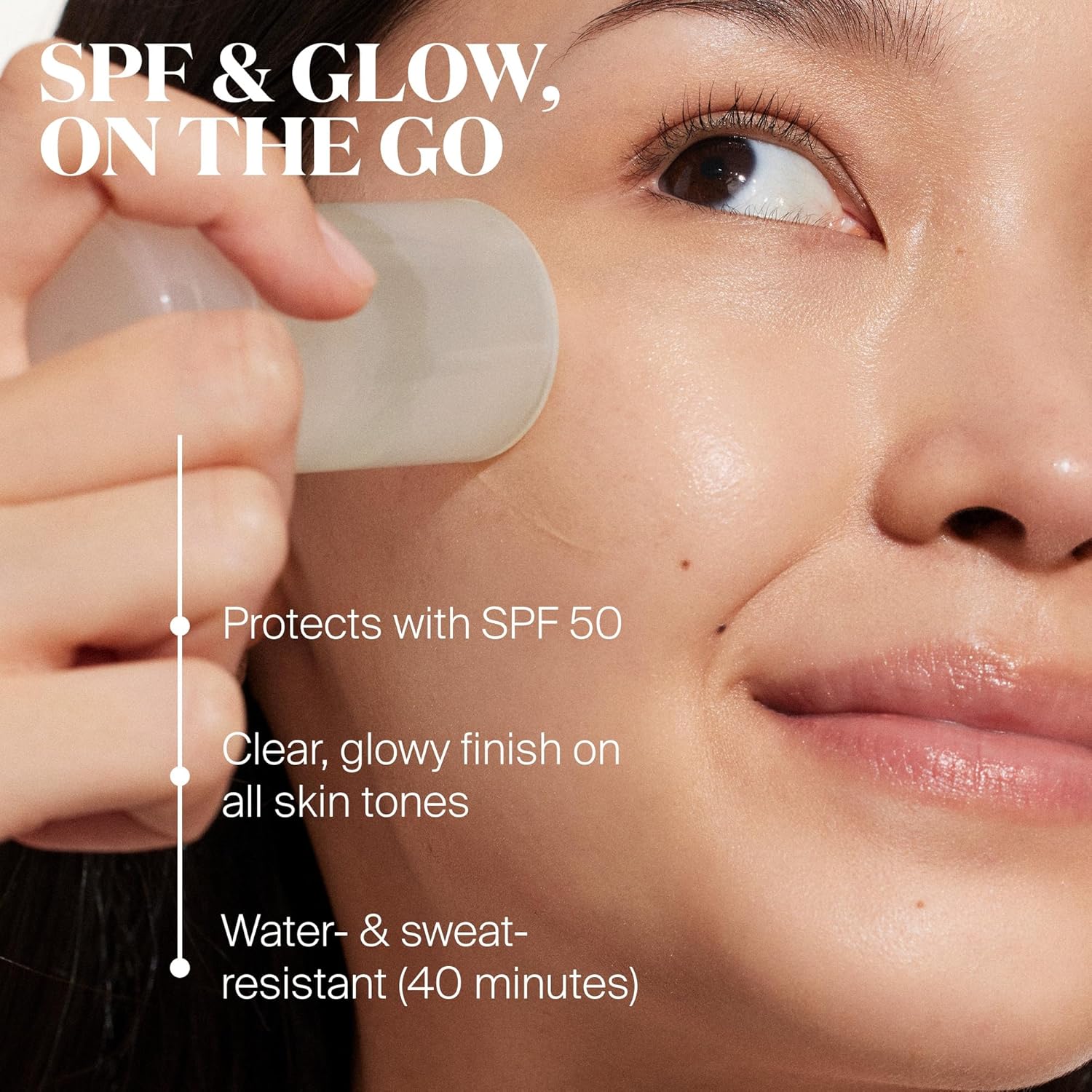
Applying Moisturizer
When applying moisturizer, make sure to cover all areas of the face and neck evenly. Moisturizers should be applied after cleansing and toning in your daily skincare routine. Using a moisturizer appropriate for your skin type, whether normal, dry, or oily, ensures the best results.
Applying Sunscreen
Once your moisturizer has been absorbed, it’s time to apply sunscreen. Experts recommend using about a quarter teaspoon of sunscreen for the face and neck. Make sure to cover all areas exposed to sun rays, including the ears and hairline. When applying sunscreen, choose a product with at least SPF 30 to ensure adequate protection. If you're using a mineral sunscreen, you’ll notice that it sits on top of the skin, offering immediate protection. In contrast, chemical sunscreen takes about 20 minutes to activate, so plan your sun protection accordingly.
Reapplying Sunscreen
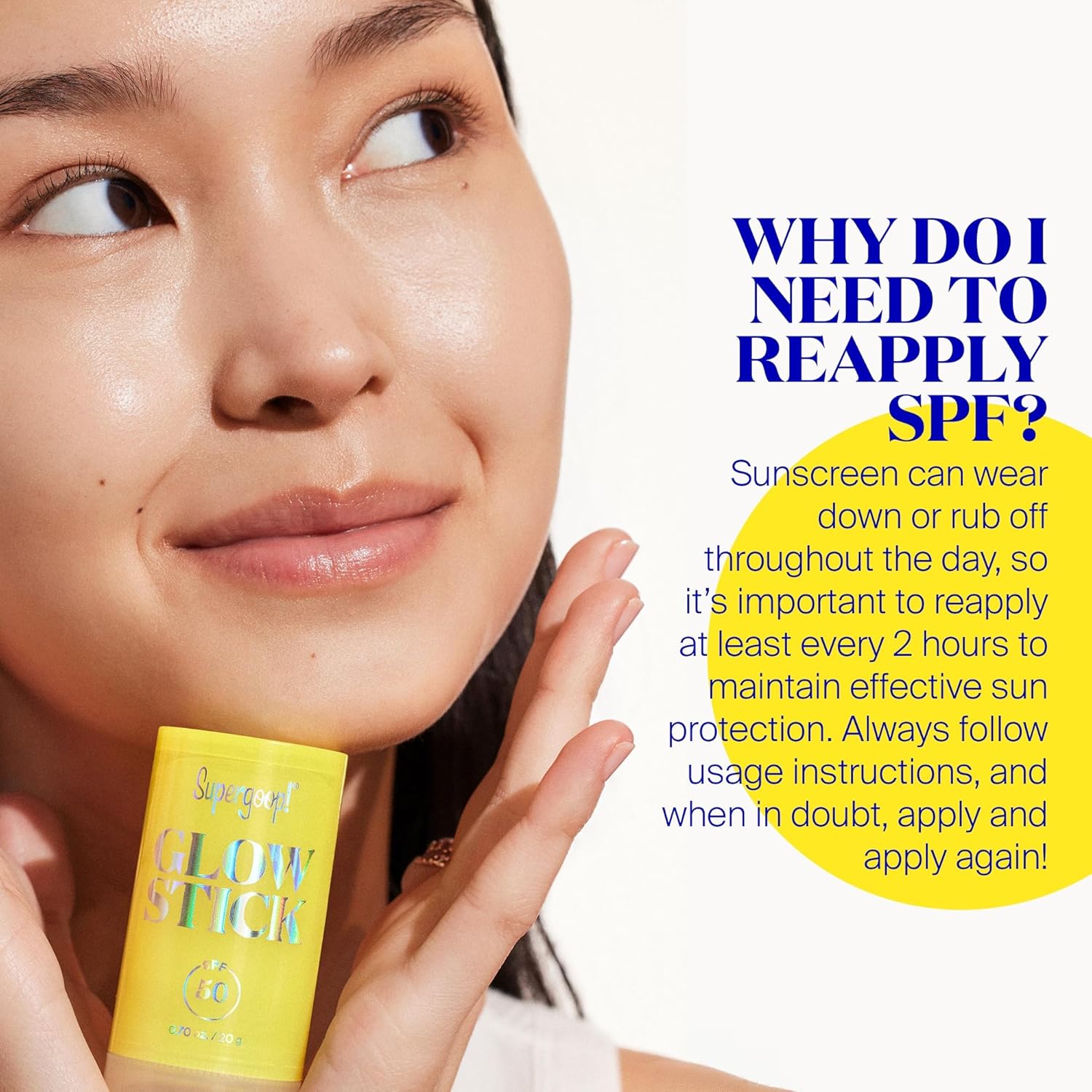
Why You Need to Reapply
Even if you’ve applied sunscreen in the morning, it’s essential to reapply sunscreen throughout the day. Sunscreen can wear off due to sweating, swimming, or natural skin oils, leaving you exposed to harmful UV rays. Dermatologists recommend reapplying every two hours, especially if you are outdoors for extended periods.
Sunscreen and Makeup
If you wear makeup, you might wonder how to reapply sunscreen without disrupting your look. In this case, a tinted moisturizer with SPF or a mineral sunscreen powder can be convenient options for touch-ups. These products offer broad-spectrum protection and are easy to layer over the foundation without causing a cakey appearance.
Combining Sunscreen and Moisturizer in Your Routine
Benefits of Using Separate Products
While multitasking products like SPF moisturizers are convenient, they don’t always offer the level of protection you need. It’s often better to use separate sunscreen and moisturizer products to ensure optimal sun protection and hydration. This method allows you to choose specific products that match your skin type and concerns, such as a moisturizer for oily skin or a sunscreen with natural active ingredients like zinc oxide.
Can You Mix Sunscreen and Moisturizer?
Some people attempt to mix moisturizer and sunscreen to save time. However, doing so may dilute the effectiveness of both products. Sunscreen interacts with the skin in specific ways that require it to be evenly applied in a thick layer, which may not happen when mixed with a moisturizer. Therefore, it’s best to use each product as directed for the best results.
The Role of Sunscreen in Enhancing Skin Texture
Wearing sunscreen daily does more than just protect against sunburn; it also plays a crucial role in maintaining and improving skin texture. Regular use of sunscreen helps prevent the breakdown of collagen and elastin fibers caused by the sun's harmful rays. This means fewer wrinkles, fine lines, and a smoother skin texture over time.
Moreover, incorporating sunscreen into your daily skincare routine can help prevent hyperpigmentation and dark spots, which can make the skin appear uneven. By consistently putting sunscreen on, you not only protect your skin from immediate damage but also contribute to a more even and refined skin texture in the long run. So, next time you're applying moisturizer, don't forget to layer on that sunscreen for a double dose of skin benefits.
The Role of SPF in Anti-Aging
Wearing sunscreen daily is one of the most effective ways to prevent premature aging. The sun's harmful rays can cause sun damage, leading to wrinkles, fine lines, and age spots. SPF moisturizers are a convenient way to incorporate sun protection into your daily skincare routine. By combining hydration and sun protection, these products help maintain your skin's texture and overall health. It's like hitting two birds with one stone—keeping your skin hydrated while shielding it from UV radiation.
Applying sunscreen regularly can significantly reduce the risk of sun damage. Even on cloudy days, the sun's harmful UV rays can penetrate the skin, causing long-term damage. Therefore, it's essential to make sunscreen a non-negotiable part of your daily routine. Whether you prefer a tinted moisturizer with SPF or a separate sunscreen and moisturizer, the key is consistency. By making sunscreen a daily habit, you can keep your skin healthy and youthful for years to come.
The Role of Sunscreen in Preventing Skin Cancer
Regular use of sunscreen is one of the most effective ways to prevent skin cancer. Prolonged sun exposure without proper sun protection increases your risk of developing skin cancer, particularly melanoma, the deadliest form. By wearing sunscreen daily and reapplying it regularly, you significantly reduce this risk.
Finding the Best Sunscreen for Your Skin
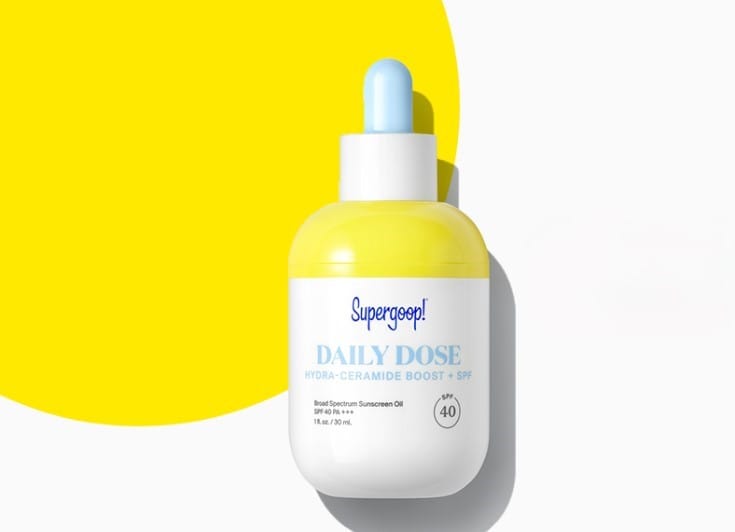
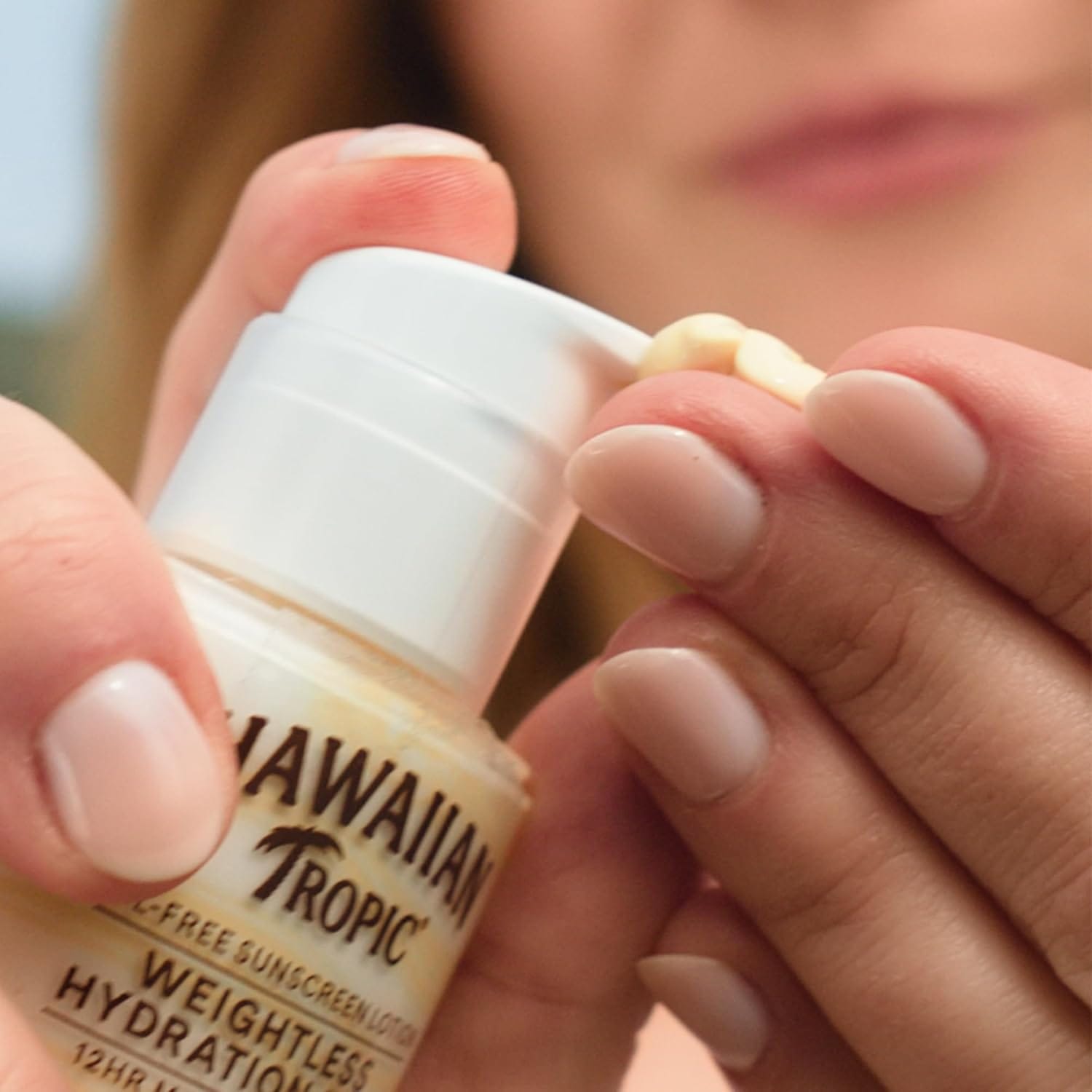
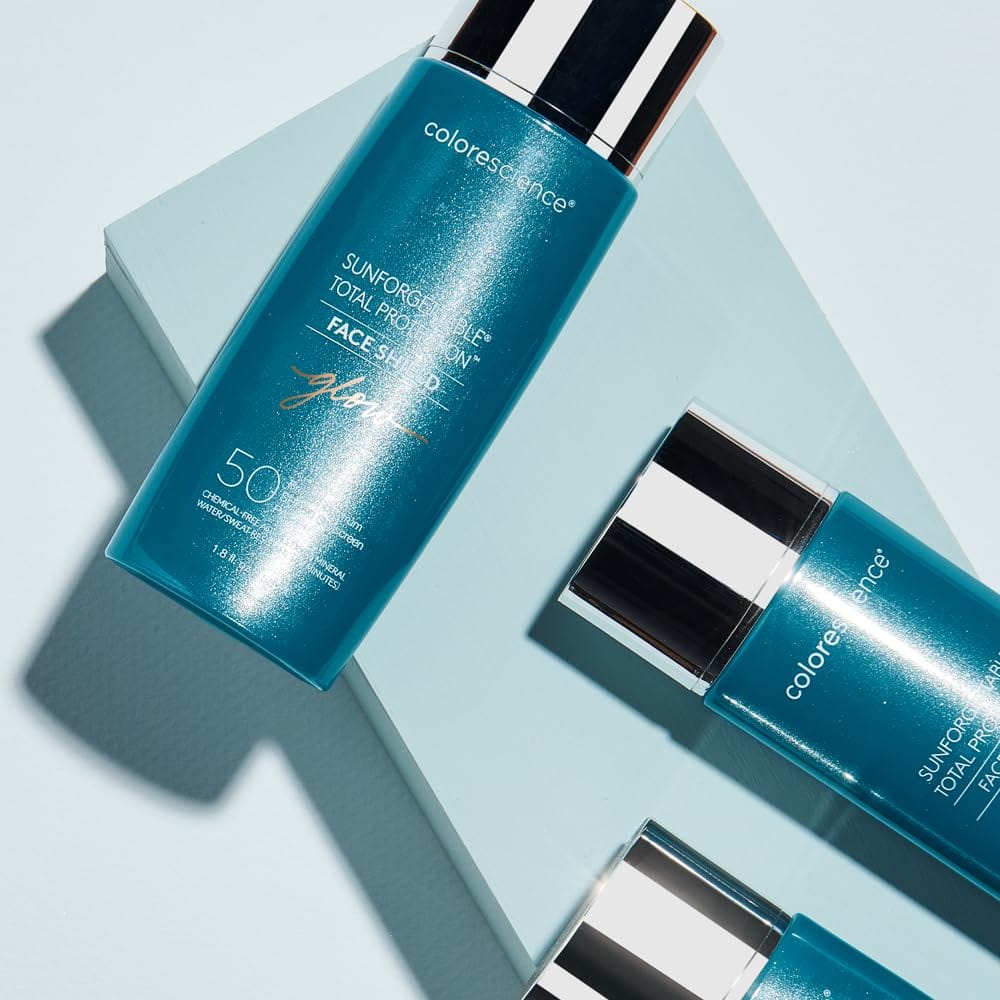
Choosing the Right Sunscreen
With so many sunscreens available, it’s important to choose a product that suits your skin type and lifestyle. For those with sensitive skin, a mineral sunscreen containing zinc oxide or titanium dioxide is often the best choice. If you have oily skin, look for oil-free or matte-finish sunscreens to prevent clogged pores. No matter your skin type, always opt for a broad-spectrum formula with at least SPF 30 to ensure you're fully protected from both UVA and UVB rays.
Incorporating Sunscreen into Your Routine
For the best results, make sunscreen application a non-negotiable part of your daily skincare routine. Whether you're using a separate moisturizer and sunscreen or an SPF moisturizer, applying and reapplying sunscreen is essential to keeping your skin healthy and youthful.
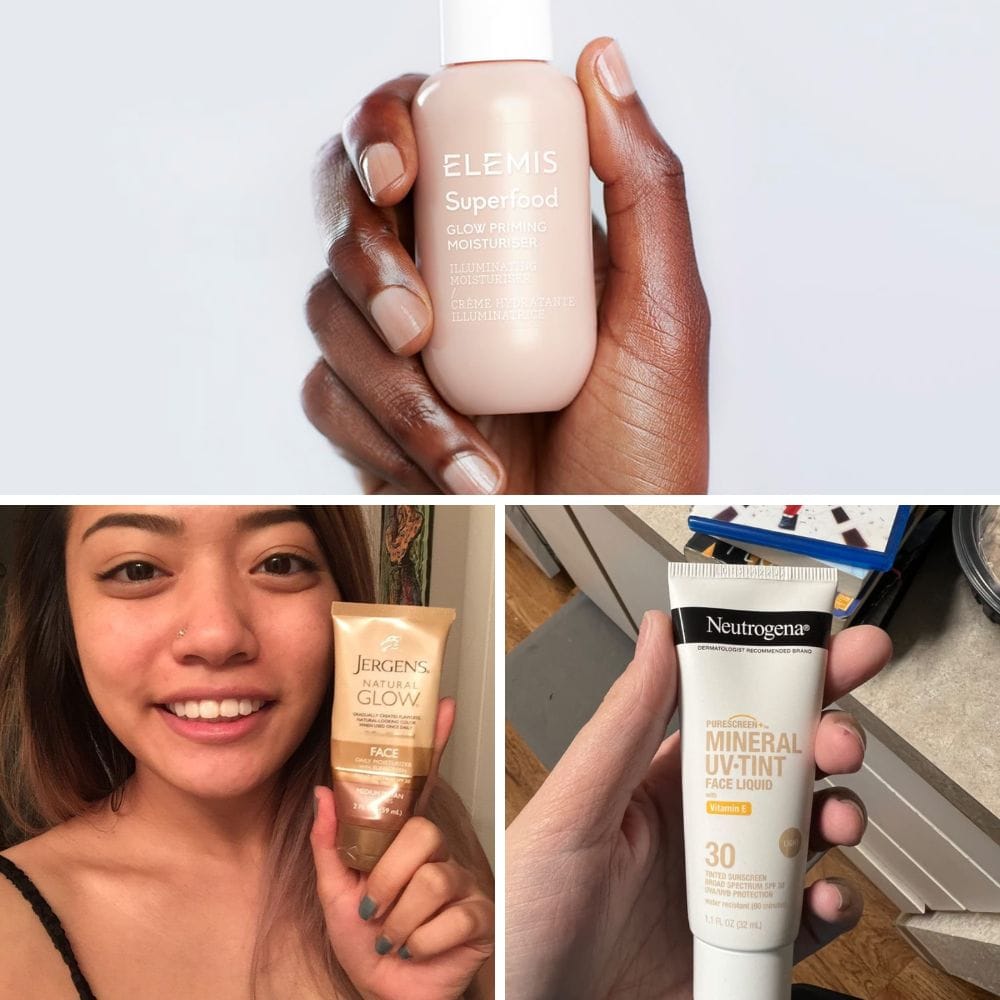

What Does Moisturizer Do for Your Skin?
Moisturizers are designed to keep the skin hydrated, nourished, and protected from environmental factors. By forming a protective barrier, moisturizers help the skin retain moisture, reducing dryness and improving skin texture. A good moisturizer is an essential part of any skincare routine, especially for individuals with dry skin, but it benefits all skin types, including normal skin and oily skin.
Can I use moisturizer with sunscreen if I have oily skin?
Yes, you can use moisturizer with sunscreen if you have oily skin. Look for lightweight, non-comedogenic products that won't clog your pores. Gel-based moisturizers and sunscreens are often a good choice for oily skin.
How often should I reapply sunscreen if I'm using a moisturizer with SPF?
Even if you're using a moisturizer with SPF, it's important to reapply sunscreen every two hours, especially if you're spending time outdoors or sweating. This ensures continuous protection from the sun's harmful rays.
Why do we need to wear sunscreen?
We need to wear sunscreen to protect our skin from harmful ultraviolet (UV) radiation from the sun. UV rays can cause sunburn, and skin damage, and significantly increase the risk of skin cancer, including melanoma. Sunscreen acts as a barrier, reducing the impact of these rays on our skin and preventing long-term health risks.
In addition to health protection, sunscreen helps prevent premature aging. Regular use shields the skin from UVA rays that cause wrinkles, fine lines, and hyperpigmentation. By wearing sunscreen daily, we maintain healthier, more youthful-looking skin while safeguarding against future damage.

Incorporating both moisturizer and sunscreen into your skin care routine is crucial for protecting your skin from UV radiation and maintaining hydration. While some products combine the benefits of both, using separate products ensures you get the best of both worlds: hydrated skin and effective sun protection. By following these guidelines, you can keep your skin looking radiant, youthful, and most importantly, safe from the sun's harmful UV rays.
